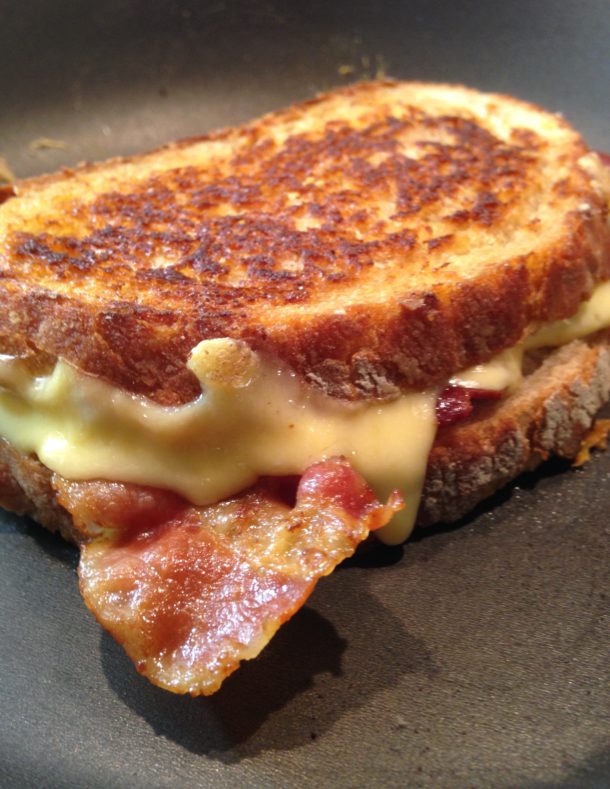Just a few months ago, we wrote about some of the most inventive food trucks around the world, and the chefs that manned them. Unfortunately, it looks like the food truck trend may have just officially jumped the shark as Olive Garden recently rolled out their Breadstick Nation food truck that’s making its rounds around the U.S.
In all fairness, the Olive Garden food truck isn’t really a food truck as far as the rolling restaurants go. It’s more of a giant press stunt to gain traction for their breadstick sandwiches – a new menu item they have rolling out in their locations. It has, however, angered actual food trucks as Olive Garden has taken up some prime food truck real estate in cities like Boston where food truck permits are highly competitive and difficult to obtain.
A Quick Food Truck History
Food trucks became popular over the last few years as a way for chefs to start food enterprises without the massive amount of capital needed to open a restaurant. Rent, employees, and machinery can eat up a lot of capital, and food trucks were (and still are) a great way to test out a restaurant concept (or to perfect a concept) before investing in a brick-and-mortar restaurant location.
Because of lot of the risks associated with starting a new restaurant were minimized with a food truck, it allowed burgeoning chefs to be more creative and innovative and try new things without the giant pressure of massive overhead. That’s one of the reasons why we’ve seen really cool fusion food trucks pop up over the last 5-10 years. Things like Kogi – which fuses Korean and Mexican cuisine, Gastropod – which combines tons of different styles, but excels at Japanese and Spanish cuisine, and Merlindia – an Indian fusion mix.
Do Big Brands Hurt the Food Truck Trend?
Do giant food brands moving into the niche food truck space hurt the food truck industry? It’s an interesting question, as the food truck trend almost seems like the anti-restaurant stance. It gets rid of all of the expensive and frustrating aspects of running a restaurant, and instead boils the business concept down to a core – providing interesting and delicious meals to customers. And while there’s no law stating that large companies can’t take a book out of the little guys’ playbook, it does seem to dampen the fun of the industry a little bit.
Will other large restaurants and food brands follow suit and create their own food trucks in order to reach smaller markets where they may not have locations? It’s possible. But I think the nature of the food truck industry will keep it small and niche and more attractive to small restaurants and food businesses. What do you think? Share your opinion in the comments!






they should not be allowed
only small businesses should be allowed …
Thanks for commenting Norna. When the big guys come in it certainly changes the game. I suppose we will have to see what happens.